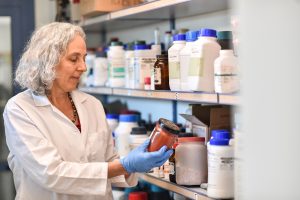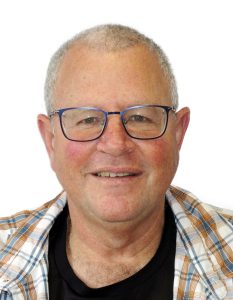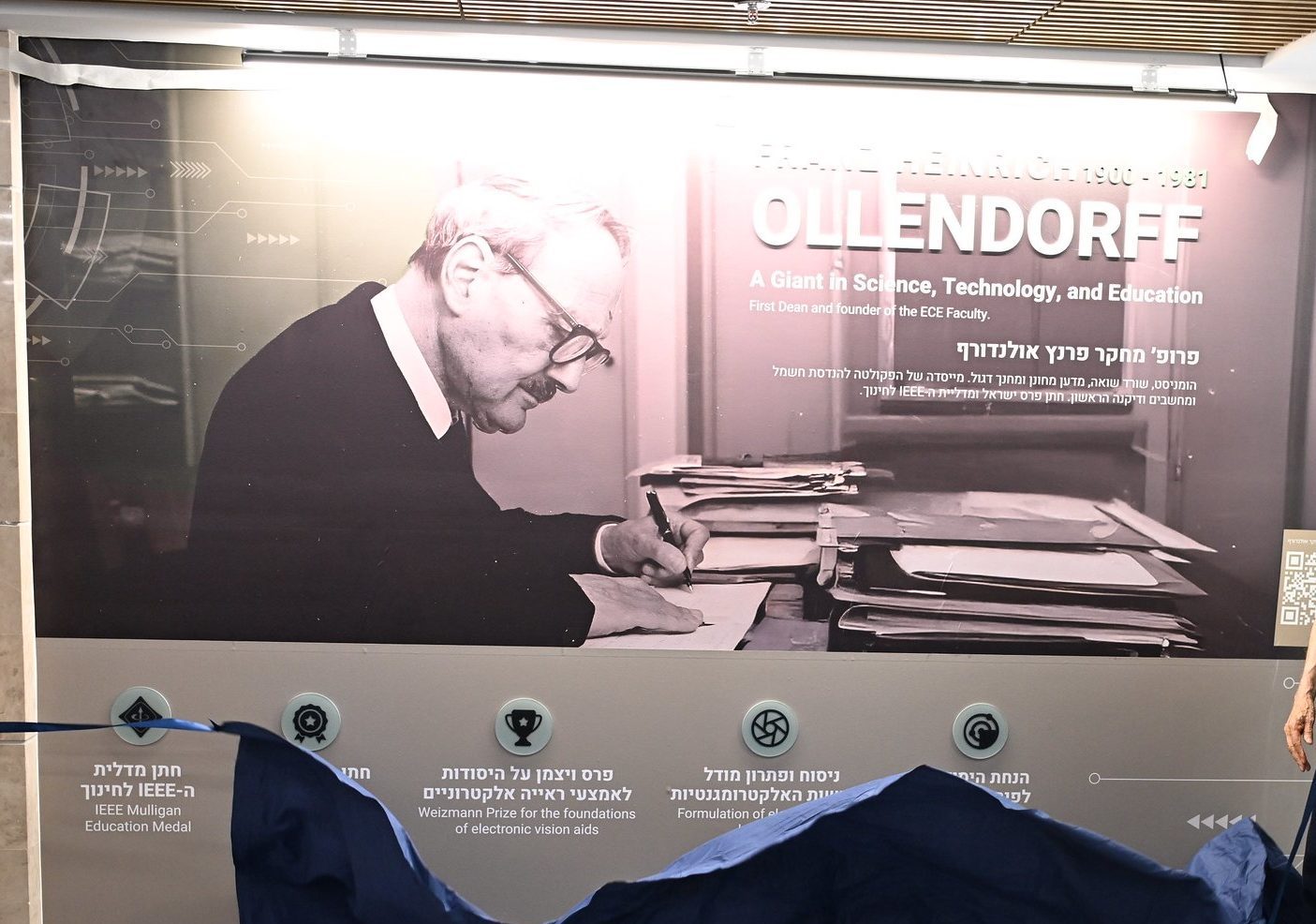Eight Technion-Led Research Centers Awarded PBC Grants in Sustainability and Climate Crisis Fields
On Earth Day 2025, we’re proud to share that eight inter-university research centers led by the Technion have been awarded grants from the Israel Planning and Budgeting Committee (PBC) in the fields of sustainability and the climate crisis. These centers cover a range of areas, including energy, food systems, water systems, water quality, and proteomics.
The total budget allocated for the program to the Technion is approximately NIS 50 million. The winning Technion-led research centers include:
• Energy – Alternative Fuels, led by Prof. Dario Dekel
• Energy – Alternative Fuels, led by Prof. Oz Gazit
• Energy-Climate Interactions, led by Prof. Adi Radian
• Sustainable Food and Nutrition Systems, led by Prof. Esther Miron-Holtz
• Sustainable Food and Nutrition Systems, led by Prof. Avi Shpigelman
• Terrestrial Water Systems, led by Dr. Naama Lang-Yona
• Water Quality, led by Prof. Alex Furman
• Omics Laboratory, led by Dr. Tamar Ziv
In 2023, the PBC and the Council for Higher Education launched a flagship program in sustainability and climate crisis research. The program aims to encourage groundbreaking, multidisciplinary basic research while also advancing national goals and contributing to sustainable economic growth. The program’s total budget stands at NIS 450 million.
Here are a few examples of the awarded research centers:
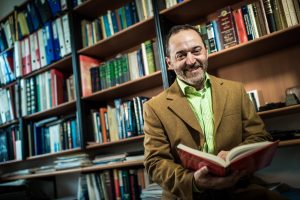
Prof. Dario Dekel from the Wolfson Faculty of Chemical Engineering, head of Technion’s Energy Program, leads the H2Tech research center, focusing on energy and alternative fuels. The center develops innovative technologies for the production and storage of green hydrogen, improving membranes, catalysts, and Anion Exchange Membrane (AEM)-based electrochemical systems, using sustainable and widely available raw materials. It also works on carbon dioxide conversion to value-added chemicals and on using liquid hydrogen carriers like ammonia and hydrazine for energy storage and direct application in fuel cells. According to Prof. Dekel: “Climate change is already impacting our lives, and this influence will only grow unless we act now. Bringing together 17 researchers from five leading institutions in Israel enables us to develop clean energy solutions that can truly impact science and the future of society.”
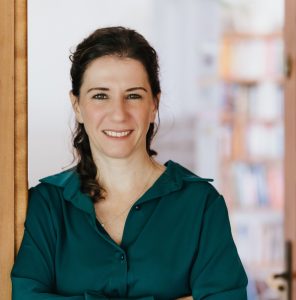
Dr. Naama Lang-Yona from the Faculty of Civil and Environmental Engineering leads a research center studying the ecological dynamics and evolution of microorganisms in inland water bodies. These organisms play a critical role in shaping water quality processes. The collected data will help predict and manage freshwater ecosystems under climate change conditions. Participating researchers include Prof. Oded Béjà and Prof. Yohay Carmel from Technion, and collaborators from the University of Haifa, Tel Aviv University, and the Kinneret Limnological Laboratory (Israel Oceanographic and Limnological Research).
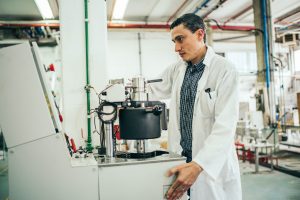
Prof. Avi Shpigelman from the Faculty of Biotechnology and Food Engineering heads the Side2Dairy research center, which addresses global challenges related to food security, sustainability, and human health. The research focuses on converting agricultural waste streams into milk alternatives. Prof. Shpigelman stated: “The project’s impact will go beyond scientific and engineering achievements, fostering academic partnerships, training professional human resources, and engaging in knowledge transfer activities both for researchers and the wider public.”
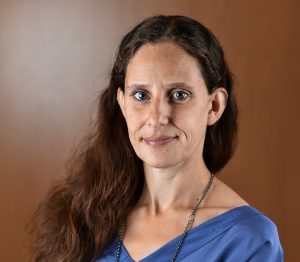
Prof. Adi Radian from the Faculty of Civil and Environmental Engineering leads a research center focusing on reducing greenhouse gas emissions, particularly carbon dioxide (CO₂), which accelerates climate change. The grant supports the Negative Carbon Emission Technologies Testing Center, promoting the development of carbon reduction technologies. The center’s team includes Prof. Yohay Carmel, Dr. Yaniv Edery, and Dr. Fadi Kizel from Technion, alongside researchers from Tel Aviv University, Weizmann Institute of Science, the Hebrew University of Jerusalem, Ben-Gurion University of the Negev, and the Geological Survey of Israel.
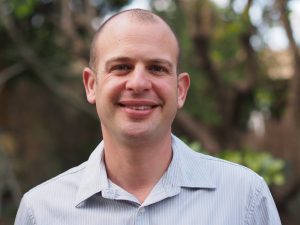
Prof. Oz Gazit from the Wolfson Faculty of Chemical Engineering and Dr. Charles Diesendruck from the Schulich Faculty of Chemistry and the Stewart and Lynda Resnick Sustainability Center for Catalysis (RSCC) lead a research center focusing on the production of fuels and green hydrogen from waste. Today, over 450 million tons of plastic are produced annually, with about 350 million tons discarded. Only about 9% of plastic waste is recycled, while 19% is incinerated for energy, resulting in air pollution and greenhouse gas emissions (CO₂).
The center aims to drive a shift from fossil fuels to renewable fuels and transform the chemical industry’s raw materials from petroleum-based to waste-based, advancing toward net-zero emissions and a circular economy. Participating Technion researchers include Distinguished Prof. Ilan Marek, head of the RSCC, Prof. Mark Gandelman, Prof. Graham de Ruiter, Dr. Charlotte Vogt, Dr. Alon Greenberg Dana, Dr. Michael Patrascu, and Prof. Avner Rothschild, along with researchers from the Weizmann Institute and Ben-Gurion University.
In addition, Prof. Ayelet Fishman and Prof. Omar Yehezkeli were awarded a total of 11.7 million shekels by the VATAT, as part of the national flagship program for sustainability and tackling the climate crisis. The submission was led by Tel Aviv University, Prof. Lehi Adler-Abramovich, Prof. Iftach Yacoby, and Prof. Uri Gophna, along with partners from Ben-Gurion University and the Migal Institute.
The innovative hub will focus on developing groundbreaking scientific and technological solutions to the energy challenges of the 21st century, as part of a broader research effort to advance sustainability and address climate change.
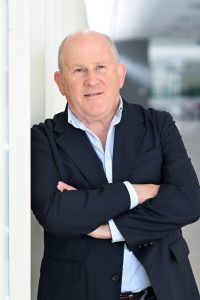
Technion’s Vice President for Research, Prof. Noam Adir, stated:
“The Technion recognized the need to deepen basic and applied research in energy, environment, and sustainability years ago. However, like any university, researchers and infrastructure types are limited. The creation of research hubs among Technion researchers and researchers from other institutions, initiated and encouraged by the PBC, represents a major milestone in advancing academic research, supporting groundbreaking initiatives, and providing tools for deepening research knowledge and innovation. These hubs will significantly contribute to solving humanity’s toughest challenges and offer research infrastructure to all participating universities. We are proud of the many researchers who have joined forces to create new collaborations and congratulate all the winners. Their success reflects excellence, commitment, and belief in making a difference in knowledge and research worldwide.”
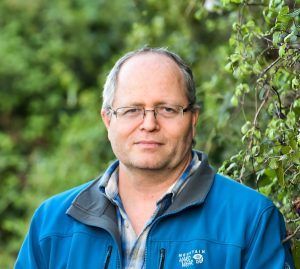
Deputy Senior Vice President for Sustainability, Prof. Avner Rothschild, added: “The Technion’s achievements in the PBC flagship program in sustainability and climate crisis are a source of great pride. The new research hubs will leverage groundbreaking research by Technion researchers across various fields—including renewable energies and alternative fuels, water, food security, climate change, waste recycling, and more—and will lead to new achievements in both basic and applied sciences, laying the groundwork for developing new technologies that will help secure a sustainable future for generations to come.”

